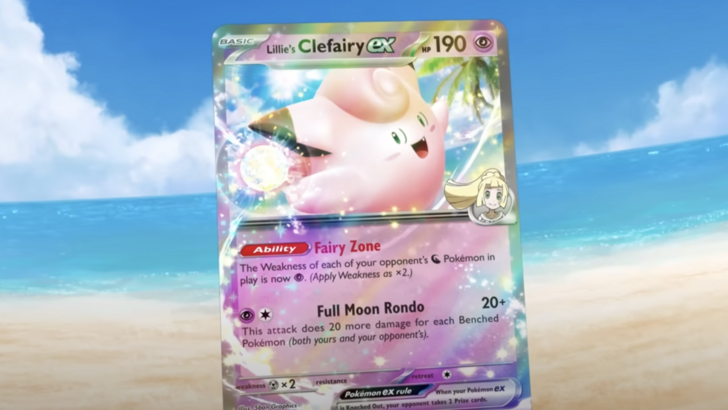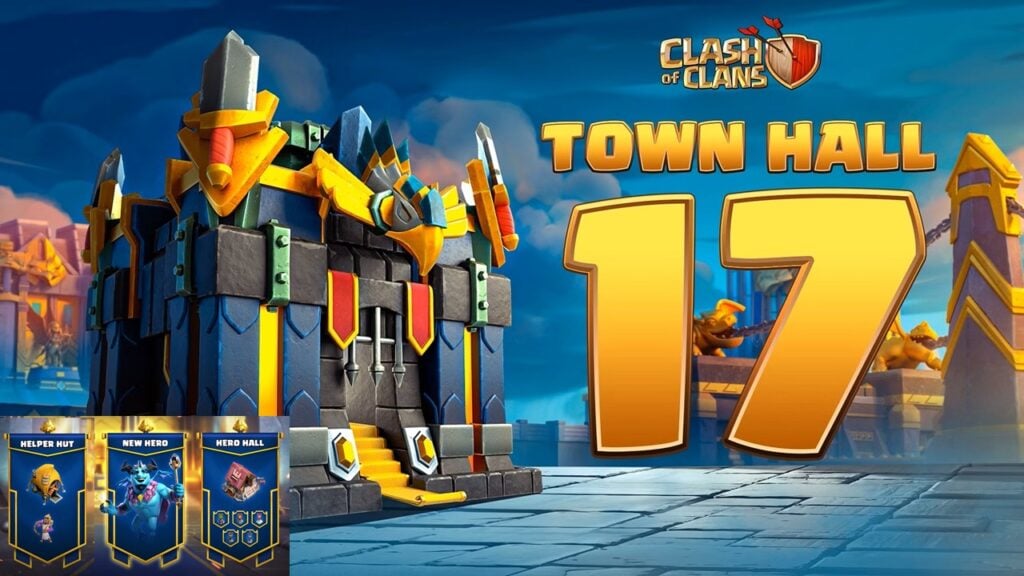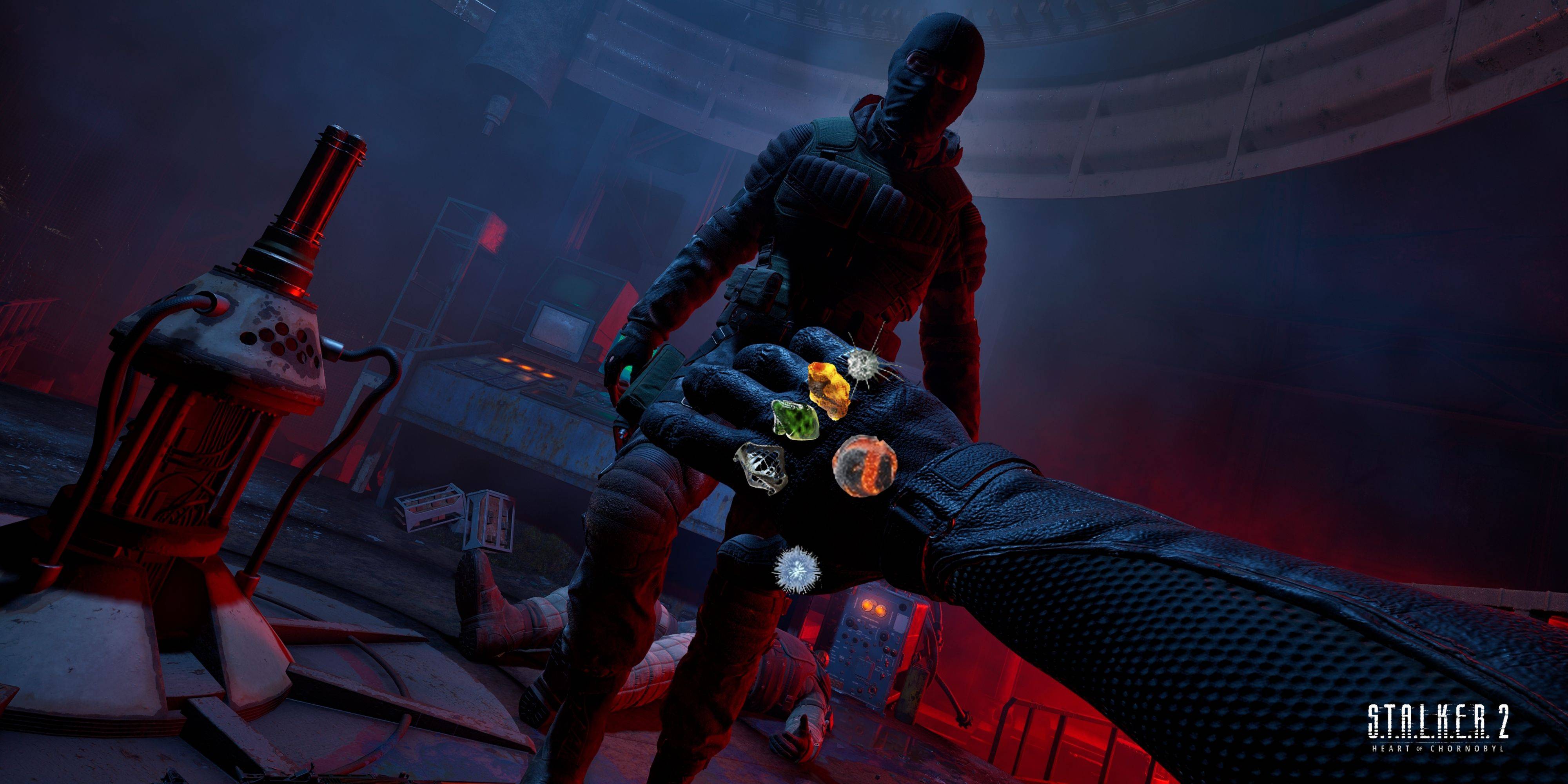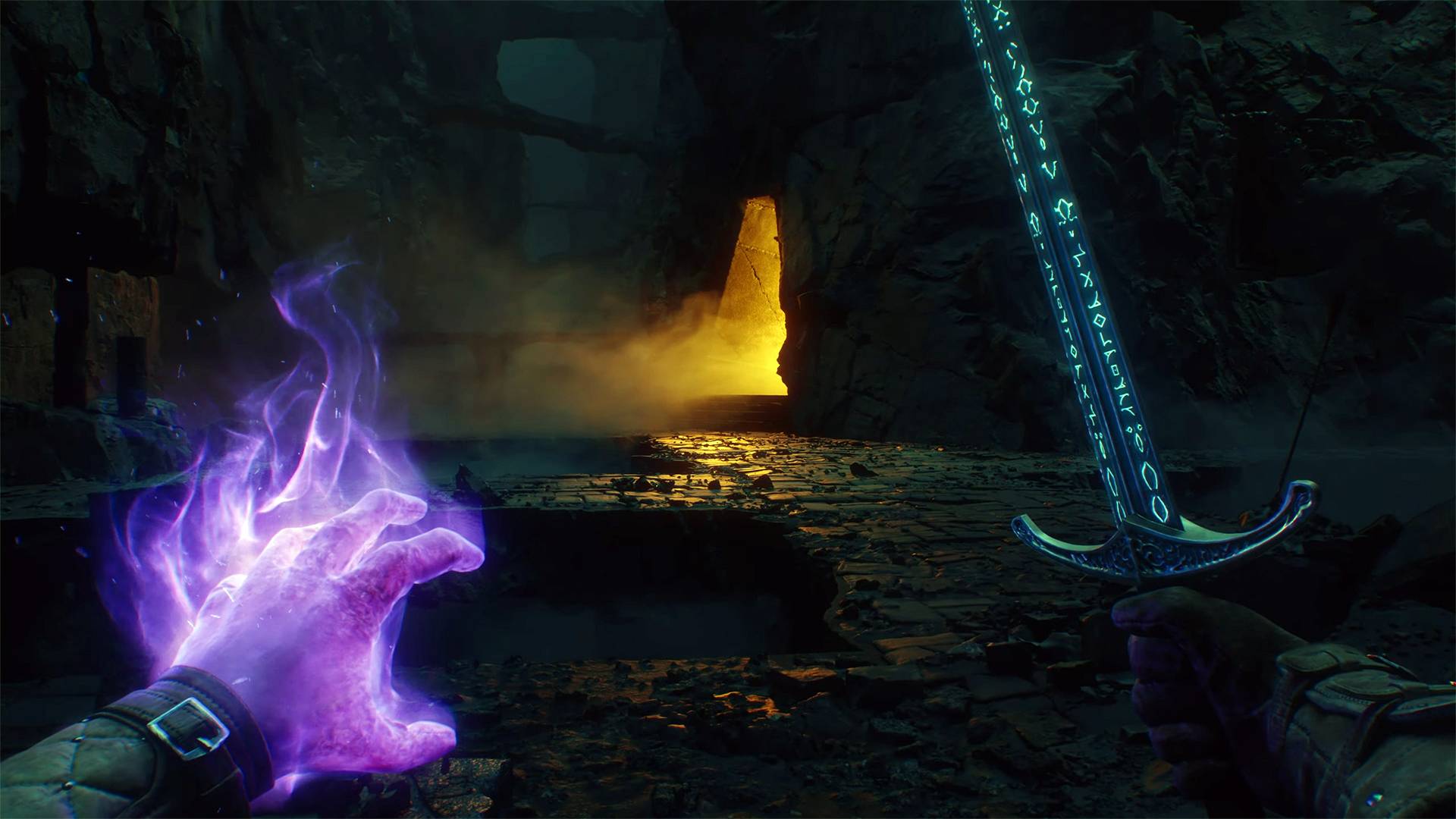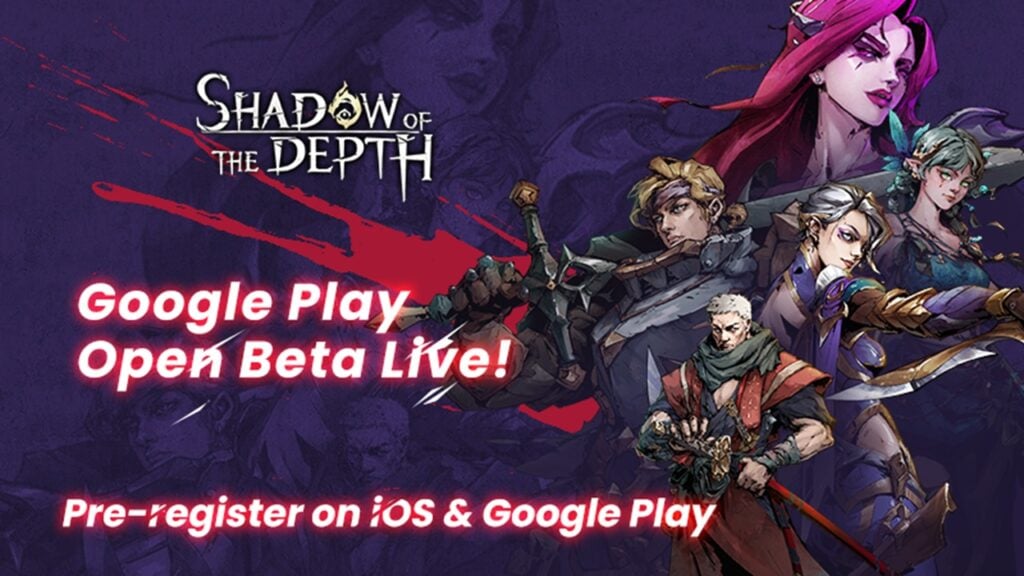Reinvention Is Key to God of Wars’ Continued Success
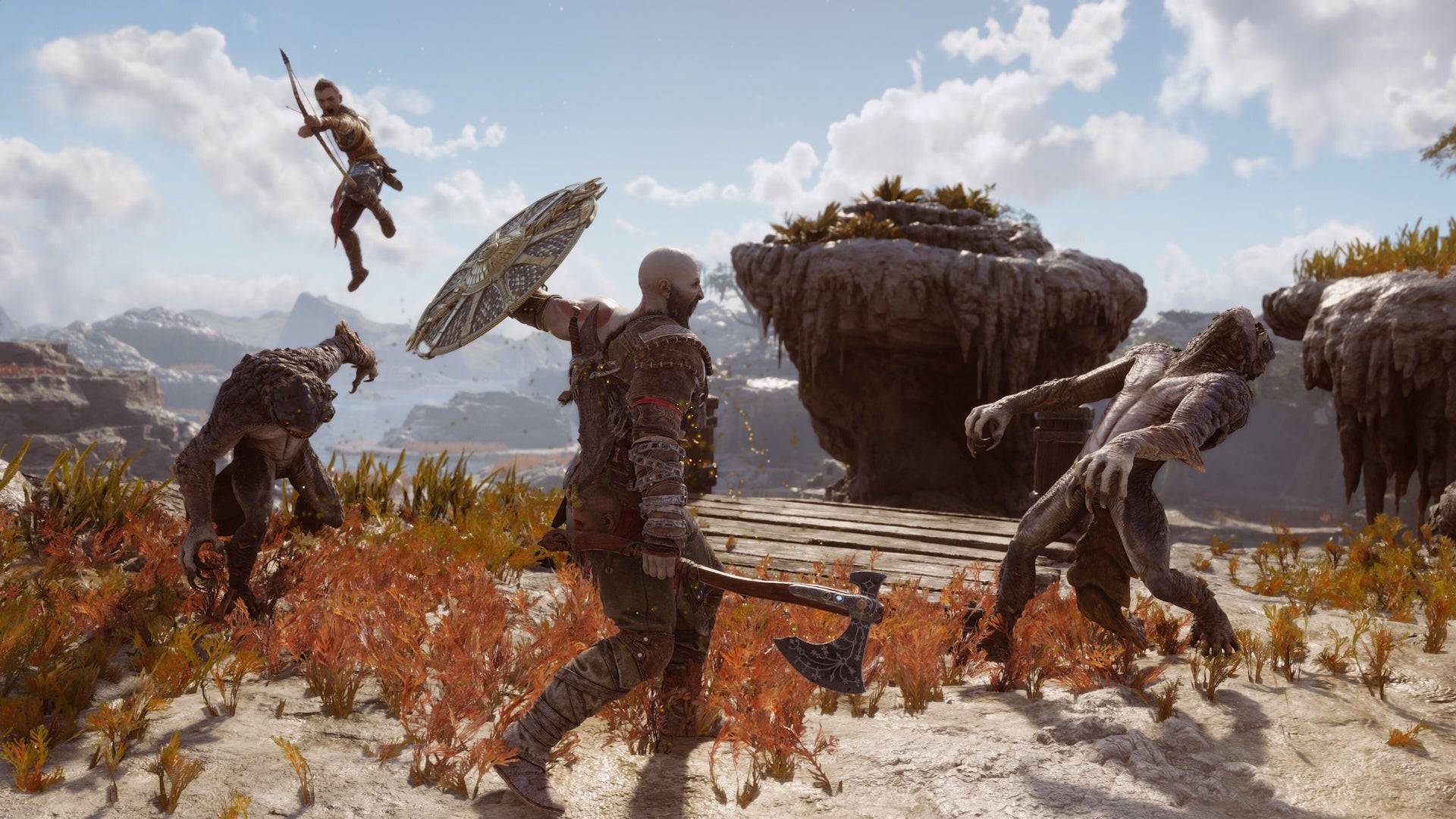
The God of War series has been a cornerstone of PlayStation gaming across four console generations. When Kratos embarked on his vengeance-driven quest to become the new god of war in 2005, few could predict his journey 20 years later. Unlike many long-standing franchises, God of War has thrived by embracing change. The pivotal 2018 reboot relocated Kratos from Ancient Greece to the realm of Norse mythology, significantly altering the series' presentation and gameplay. Yet, even before this acclaimed transformation, Sony Santa Monica introduced several smaller yet impactful changes that kept the series alive.
Looking forward, reinvention remains crucial for God of War's ongoing success. The shift to a Norse setting allowed director Cory Barlog to express his vision of exploring other mythologies, such as Egyptian and Mayan. Recent rumors of an Egyptian setting have reignited fan interest, fueled by the rich culture and mythology of Ancient Egypt. However, a new setting alone isn't enough; future iterations must reinvent the series just as effectively as the Norse games did, building on the successful elements of the Greek trilogy.
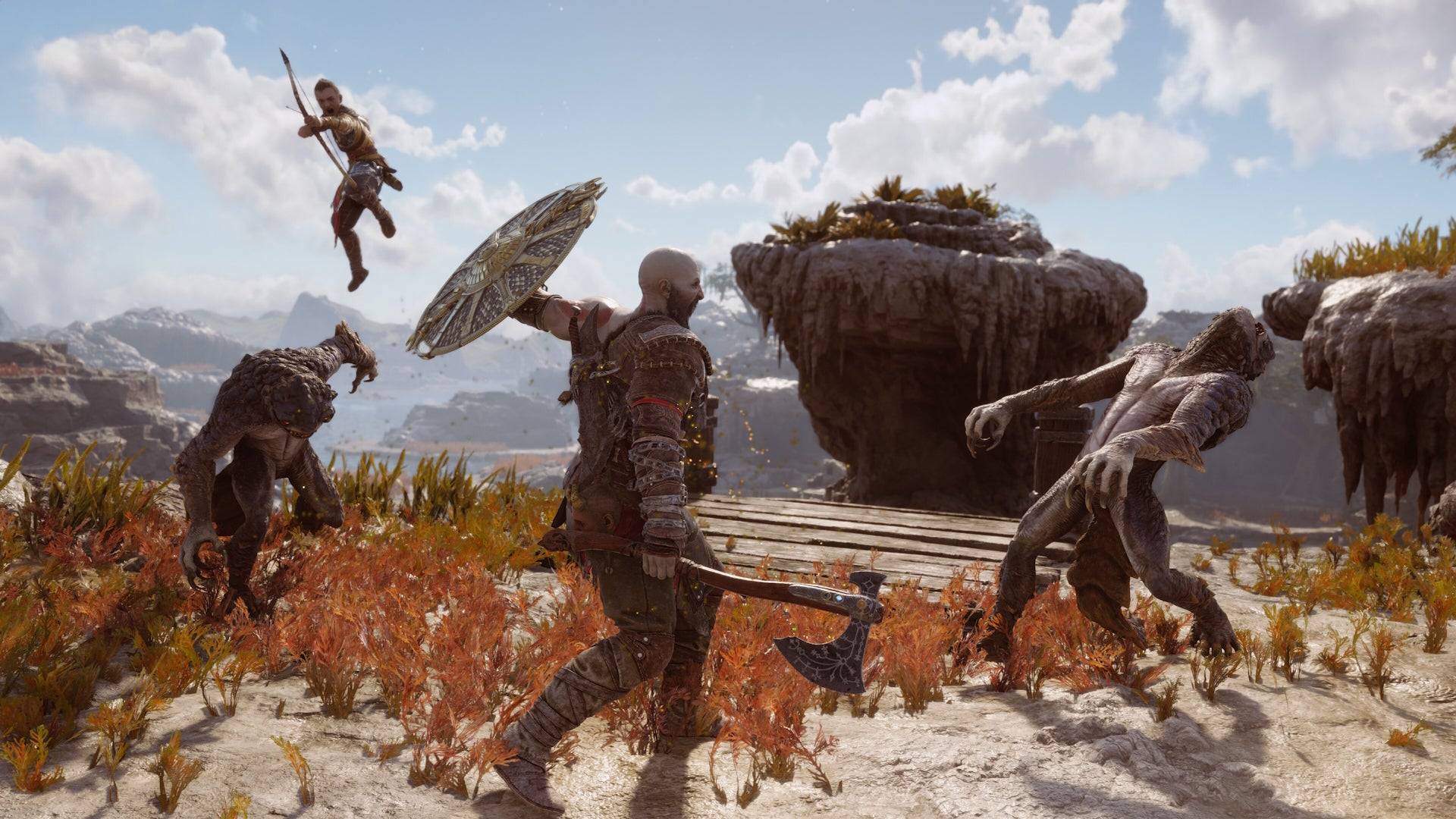
The God of War series has consistently evolved from one entry to the next. The Greek trilogy refined its hack-and-slash gameplay over a decade, culminating in the polished God of War 3 on the PlayStation 3, which introduced a revamped magic system and a diverse range of enemies. This final chapter leveraged the PS3's power for enhanced visuals and camera angles.
The 2018 reboot, however, saw significant changes. The Greek trilogy's platforming and puzzle elements were reduced or reimagined to fit the new third-person, over-the-shoulder perspective of the Norse games. Puzzles remained but were adapted to complement the adventure-focused design.
The Valhalla DLC for God of War Ragnarök marked a return to the series' roots, both mechanically and narratively. It reintroduced battle arenas, a feature from God of War 2 onwards, adapted for the Norse setting. This return was mirrored in the story, with Kratos confronting his past, completing a narrative full circle.
The Norse games aren't mere reiterations; they introduced new elements like the Leviathan Axe's unique throwing mechanics, a combat-defining parry system, and a magical spear in Ragnarök, enhancing the gameplay across the Nine Realms.
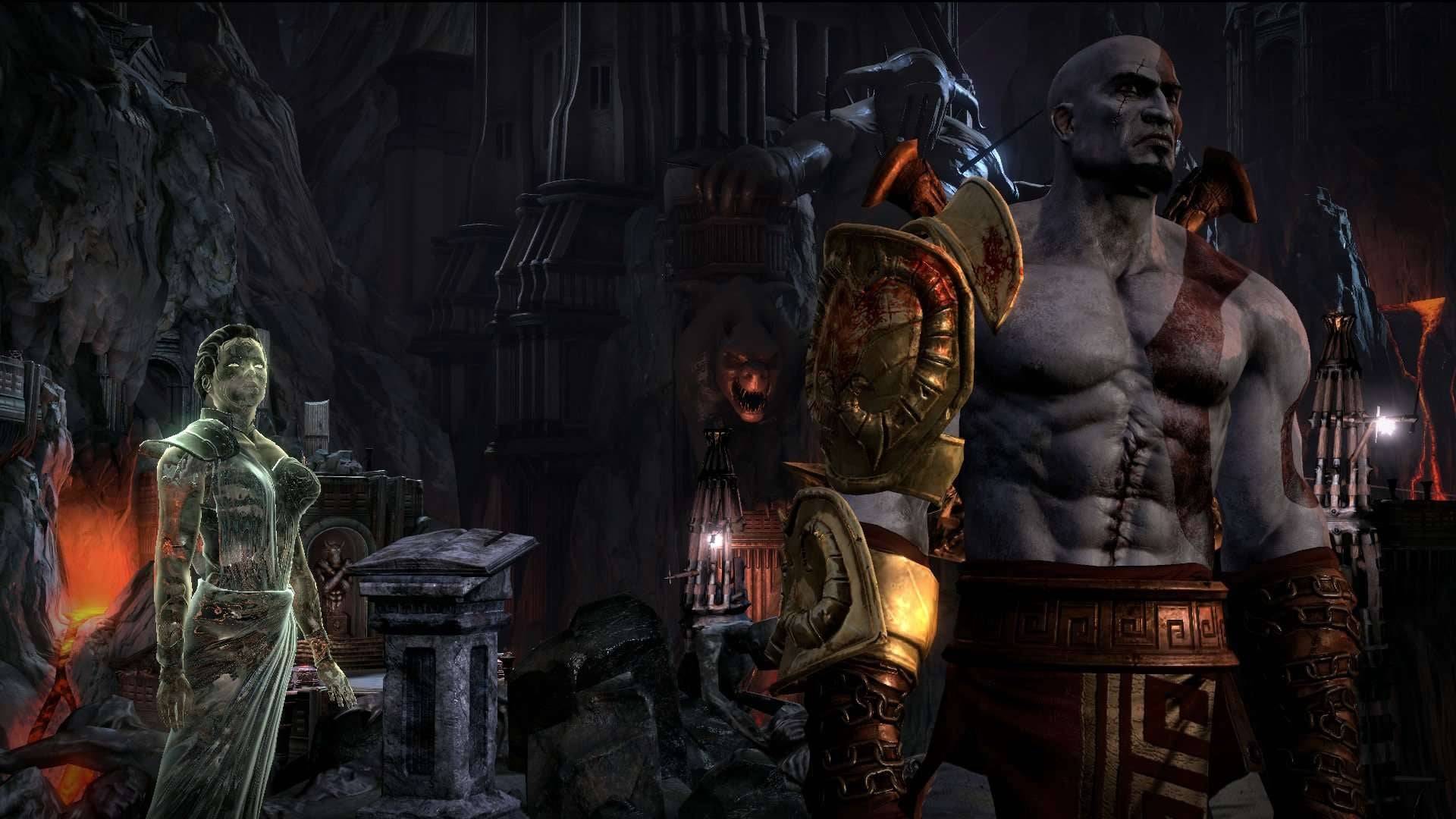
While combat and exploration mechanics are notable changes, the most striking evolution is in storytelling. The Norse duology explores Kratos' emotional journey, his grief over his late wife, and his complex relationship with his son, Atreus. This contrasts with the more straightforward narrative of the original trilogy, contributing significantly to the Norse era's critical and commercial success.
God of War's transformation reflects a fresh approach to franchise development. The creators view the Norse games not as sequels but as extensions of Kratos' journey, a perspective that should guide future installments.
The varied success of Assassin’s Creed’s reinventions illustrates the risks of deviating too far from a series' core. While profitable, the shift to an RPG format with Assassin’s Creed Origins weakened its connection to the Assassin’s guild lore. Subsequent games, like Assassin’s Creed Mirage and the upcoming Shadows, attempt to reconnect with the series' stealth roots, showing the importance of maintaining a clear identity.
God of War has navigated these challenges adeptly. The Norse series, while a departure, never lost sight of Kratos' compelling character and the series' combat foundation. Each game built on this base, adding Spartan Rage options, innovative weapons, and diverse combat scenarios, enhancing the series' identity and lore.
Whether the next game explores Egyptian mythology or another setting, it must build on the storytelling success of the Norse duology. Kratos' evolution from a rage-driven warrior to a nuanced father and leader is central to the series' acclaim. Future entries must continue this narrative depth while introducing bold new elements, striving to set a new benchmark for the God of War franchise.
-
 Solitaire Tripeaks - Farm TripPlant, harvest, and triumph! Immerse yourself in Farm Journey TriPeaks Solitaire card games!Time to unwind! Enjoy endless fun with Farm Journey TriPeaks Solitaire!Farm Journey TriPeaks Solitaire is the ultimate casual game to pass the time! The rules
Solitaire Tripeaks - Farm TripPlant, harvest, and triumph! Immerse yourself in Farm Journey TriPeaks Solitaire card games!Time to unwind! Enjoy endless fun with Farm Journey TriPeaks Solitaire!Farm Journey TriPeaks Solitaire is the ultimate casual game to pass the time! The rules -
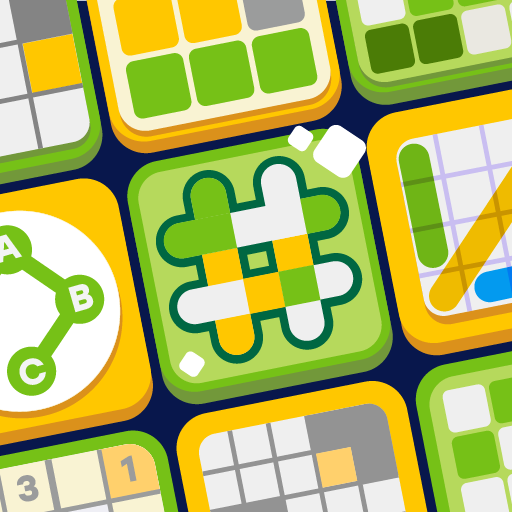 Everyday PuzzlesOne App, Countless Word Games! Enjoy your favorites: Hashtag, Crossword, and Word SearchEveryday Puzzles – multiple puzzle experiences in a single app!Your hub for word games and brain-teasing puzzles.Featuring Anygram, Hashtag, Crossword, Mini Cross
Everyday PuzzlesOne App, Countless Word Games! Enjoy your favorites: Hashtag, Crossword, and Word SearchEveryday Puzzles – multiple puzzle experiences in a single app!Your hub for word games and brain-teasing puzzles.Featuring Anygram, Hashtag, Crossword, Mini Cross -
 Sp FlixSP Flix offers a world of premium entertainment right at your fingertips, with a diverse collection of movies and shows to suit every taste. From intense dramas and laugh-out-loud comedies to action-packed thrillers, enjoy high-quality streaming tail
Sp FlixSP Flix offers a world of premium entertainment right at your fingertips, with a diverse collection of movies and shows to suit every taste. From intense dramas and laugh-out-loud comedies to action-packed thrillers, enjoy high-quality streaming tail -
 Off Road 4x4 Driving SimulatorOff Road 4x4 Driving Simulator offers an electrifying mud truck and realistic car racing experience. With stunning graphics, a diverse lineup of powerful 4x4 trucks, lifelike physics, extensive customization, and varied off-road challenges, it delive
Off Road 4x4 Driving SimulatorOff Road 4x4 Driving Simulator offers an electrifying mud truck and realistic car racing experience. With stunning graphics, a diverse lineup of powerful 4x4 trucks, lifelike physics, extensive customization, and varied off-road challenges, it delive -
 Go2Joy - Hourly Booking AppDiscover a smarter way to book accommodations with Go2Joy - the premier hourly booking app! Reserve by the hour, day, or overnight at thousands of hotels worldwide while enjoying lower rates than direct hotel bookings. Benefit from exclusive daily d
Go2Joy - Hourly Booking AppDiscover a smarter way to book accommodations with Go2Joy - the premier hourly booking app! Reserve by the hour, day, or overnight at thousands of hotels worldwide while enjoying lower rates than direct hotel bookings. Benefit from exclusive daily d -
 Parimatch: Live Sports BettingThe ultimate sportsbook app, offering rapid payouts and the most competitive odds available.Presenting the Parimatch Tanzania App – Your Premier Betting Destination!Are you searching for the ideal betting platform that combines simplicity, instant pa
Parimatch: Live Sports BettingThe ultimate sportsbook app, offering rapid payouts and the most competitive odds available.Presenting the Parimatch Tanzania App – Your Premier Betting Destination!Are you searching for the ideal betting platform that combines simplicity, instant pa
